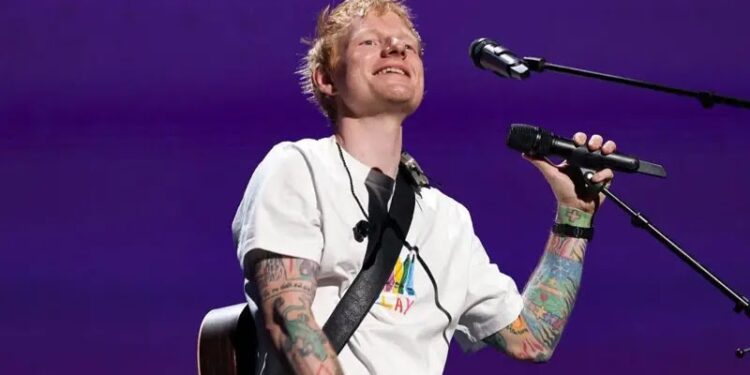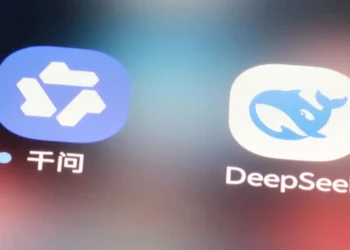British singer-songwriter Ed Sheeran has praised new education reforms in England that will give more children the chance to study music and creative arts in school.
The changes come as part of the first major review of England’s national curriculum in over a decade, aimed at modernising what students learn and helping to close achievement gaps between rich and poor children.
“Creativity Should Be a Right, Not a Privilege”
The reforms include plans to scrap the English Baccalaureate (EBacc) — a school ranking system introduced in 2010 that focused heavily on academic subjects like English, maths, science, history, geography, and foreign languages.
The UK’s Department for Education (DfE) said the EBacc had become “too restrictive” and prevented students from pursuing subjects like art, music, and drama.
In its place, schools will be encouraged to offer a broader range of GCSE subjects, including creative disciplines.
Sheeran, who had earlier written an open letter calling for more support for music education, said the new changes give hope to the next generation of young musicians.
“Without the encouragement I received in school, especially from my music teacher, I wouldn’t be a musician today,” Sheeran said.
“Music helped me build confidence and supported my mental health. These reforms give young people the opportunity to discover that same power.”
🏛️ Government and Educators React
Education Secretary Bridget Phillipson said the new curriculum aims to revitalise learning while maintaining strong foundations in literacy and numeracy.
Students will now also learn about fake news and disinformation, financial literacy (such as how mortgages work), and climate change.
Prime Minister Sir Keir Starmer thanked Sheeran for his campaign on music education, writing,
“Your voice has been heard. We’ll make sure creativity isn’t a privilege, but a right.”
Arts Council England called the reforms “a great day for the next generation of creative talent.”
💡 Other Key Curriculum Updates
According to the government’s report, the reformed curriculum will:
Introduce financial literacy in maths classes.
Make citizenship lessons compulsory in primary schools.
Reduce average GCSE exam times by up to three hours.
Increase content on climate change and diversity.
Give speaking and listening (oracy) equal importance as reading and writing.
Explore a new qualification in data science and artificial intelligence (AI) for post-16 students.
⚠️ Mixed Reactions from Critics
While most educators welcomed the reforms, some raised concerns about funding and implementation.
Pepe Di’Iasio, General Secretary of the Association of School and College Leaders, said:
“The proposals are sensible and evidence-based, but schools can’t deliver a great curriculum without sufficient funding and teachers.”
Former schools minister Nick Gibb warned that scrapping the EBacc might reduce interest in foreign languages, while Shadow Education Secretary Laura Trott described some changes as “education vandalism,” claiming they could lower academic standards.
Professor Becky Francis, who led the curriculum review, defended the reforms as “evolution, not revolution,” saying they would make education more inclusive while keeping high standards.
🌍 A Step Toward Creative, Modern Education
The UK government said schools will have four terms of notice before teaching the new curriculum.
For many artists and educators, this is a long-awaited moment. As Ed Sheeran put it, the new direction offers students a chance to explore their creativity, confidence, and emotional well-being through learning — not just exams.
“Music changed my life,” Sheeran said. “Every child deserves that chance.”
Sources:BBC News, 4–5 November 2025



















































































 EduTimes Africa, a product of Education Times Africa, is a magazine publication that aims to lend its support to close the yawning gap in Africa's educational development.
EduTimes Africa, a product of Education Times Africa, is a magazine publication that aims to lend its support to close the yawning gap in Africa's educational development.